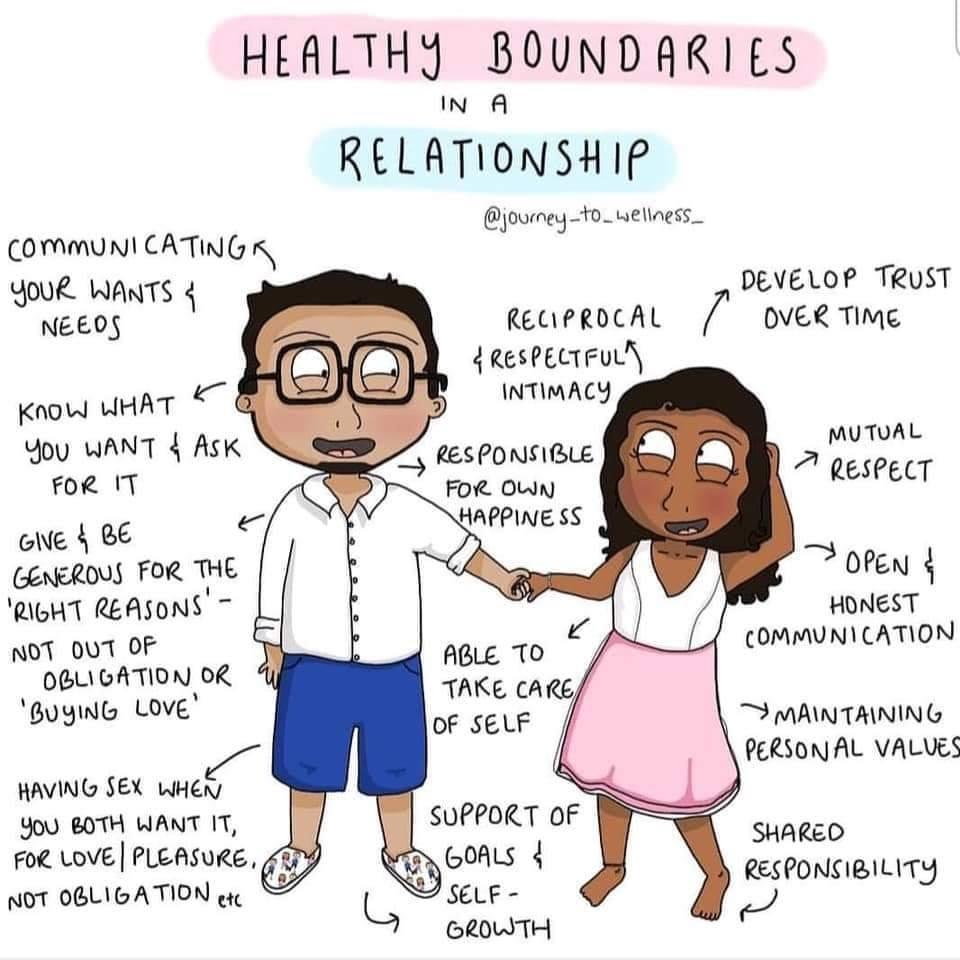In the intricate dance of human relationships, compromise often takes center stage, hailed as the cornerstone of harmony and mutual respect. Yet, beneath the surface of this seemingly simple solution lies a complex web of questions and considerations. Is compromise truly the ultimate key to a successful relationship, or does it sometimes mask deeper issues that need to be addressed? In a world where personal boundaries and individual desires are increasingly emphasized, the age-old advice of “meeting halfway” may not always hold the answers. This article delves into the nuanced realm of compromise in relationships, exploring when it serves as a bridge to understanding and when it might lead to unintended sacrifices. Join us as we navigate this delicate balance, offering insights and perspectives that aim to illuminate the path toward healthier, more fulfilling connections.
Navigating the Balance Between Self and Togetherness
In the intricate dance of relationships, striking a balance between personal needs and shared goals is crucial. It’s easy to fall into the trap of thinking that compromise is synonymous with surrender. However, the art lies in discerning when to hold your ground and when to blend your desires with those of your partner. Understanding your core values is essential. These are non-negotiables that define who you are. Protecting them ensures that you don’t lose your identity in the pursuit of harmony. Simultaneously, recognize the areas where flexibility won’t diminish your sense of self but rather enhance the relationship.
- Identify personal non-negotiables: Knowing what you cannot compromise on helps maintain your identity.
- Practice active listening: Engaging in genuine conversations fosters mutual understanding and respect.
- Set healthy boundaries: Establishing limits allows for a safe space where both partners can thrive individually and together.
- Embrace flexibility: Being open to change and adaptation can often lead to unexpected and enriching experiences.
Ultimately, the essence of a thriving relationship is not about how much you give up, but about how you grow together while honoring your individuality.

Understanding When Compromise Becomes Sacrifice
In any relationship, the dance between compromise and sacrifice is intricate and delicate. Compromise involves finding a middle ground where both partners can feel satisfied and respected, allowing the relationship to flourish. However, when one partner consistently feels that their needs and desires are being sidelined, compromise can dangerously morph into sacrifice. This shift often leads to resentment, frustration, and a sense of imbalance that can erode the foundation of the relationship.
Here are a few signs that compromise may be turning into sacrifice:
- Your personal goals and dreams are consistently put on hold.
- You frequently feel unappreciated or taken for granted.
- Your emotional or physical well-being is being compromised.
- There is a persistent feeling of imbalance in decision-making.
- You find yourself hiding parts of who you are to maintain peace.
Recognizing these signs early can help partners recalibrate their expectations and strive for a more equitable relationship, where both individuals can thrive without losing their essence.

Communicating Boundaries with Empathy and Clarity
In any relationship, establishing clear boundaries is essential, but doing so with empathy can be transformative. Boundaries are not barriers; they are guidelines that help maintain mutual respect and understanding. To communicate them effectively, consider the emotional landscape of both parties. Approach conversations with openness, using “I” statements to express your needs without assigning blame. For example, instead of saying, “You never listen to me,” try, “I feel unheard when our conversations are interrupted.” This subtle shift fosters a space where both partners feel valued and heard.
Here are a few strategies to help communicate boundaries with empathy and clarity:
- Listen Actively: Pay attention to your partner’s concerns and show genuine interest in understanding their perspective.
- Stay Calm and Composed: Emotions can run high, but maintaining a calm demeanor encourages a more productive dialogue.
- Acknowledge Feelings: Validate your partner’s emotions, even if you don’t agree with their viewpoint.
- Seek Solutions Together: Approach boundary-setting as a collaborative effort, focusing on finding compromises that respect both parties’ needs.
By weaving empathy into your communication, you nurture a relationship where boundaries are seen not as constraints but as a framework for mutual growth and respect.

Strategies for Healthy Negotiations in Love
In the intricate dance of relationships, maintaining a balance between self-interest and mutual benefit is essential. Healthy negotiations in love require a blend of empathy, communication, and understanding. Start by embracing active listening, which means truly hearing your partner’s perspective without immediate judgment or interruption. This practice fosters an environment where both partners feel valued and understood.
- Set clear boundaries: Defining what you need and what you can offer helps prevent misunderstandings.
- Seek win-win solutions: Aim for outcomes where both partners feel they have gained something meaningful.
- Practice patience and empathy: Recognize that your partner may have different needs and timelines.
When emotions run high, take a step back to cool down and reflect before revisiting the discussion. This can prevent rash decisions or hurtful words that might be difficult to take back. Remember, the goal is not to win an argument, but to strengthen the relationship through mutual respect and cooperation.








